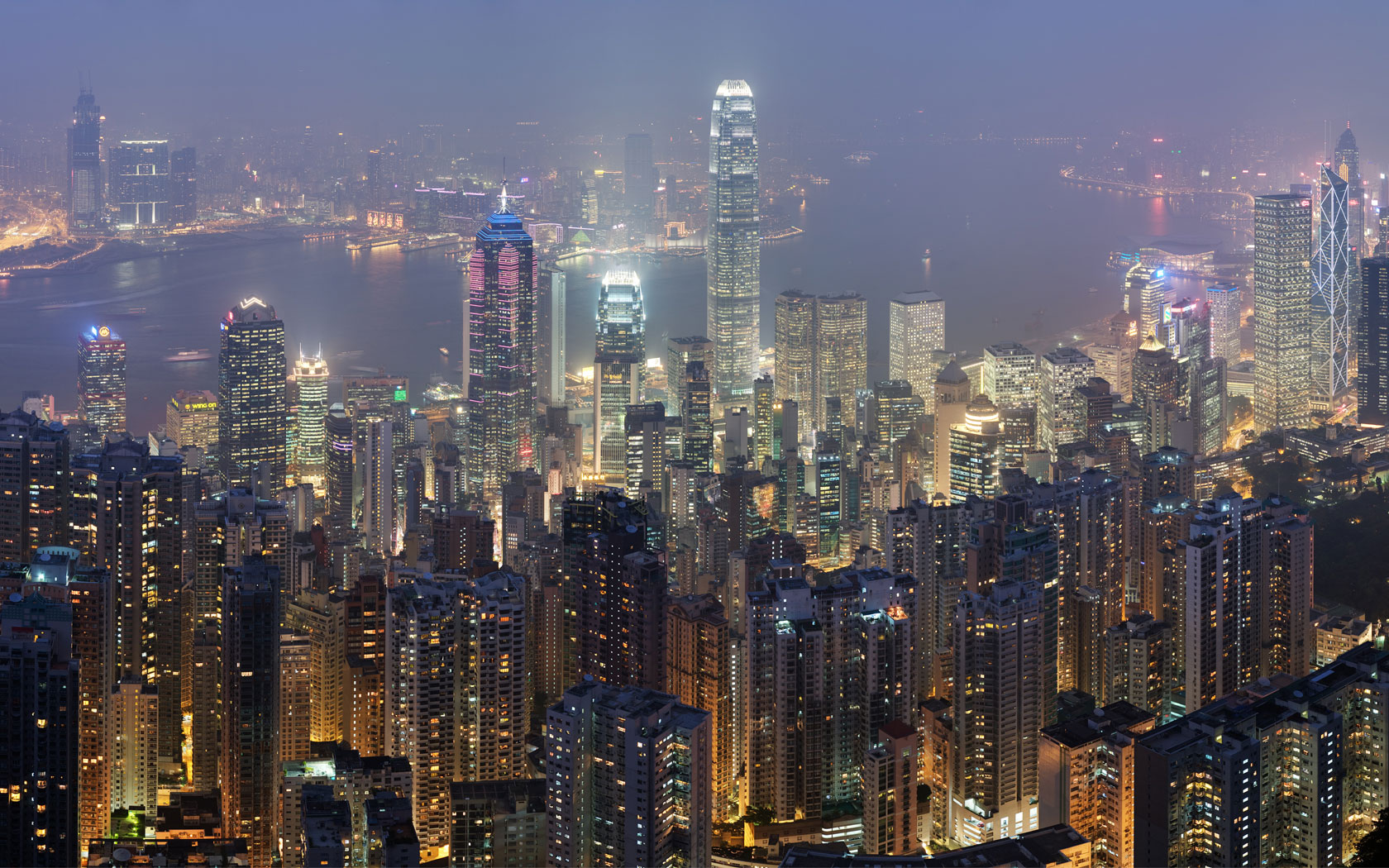When India’s government abuses power, the media cheer
IT IS NEARLY three weeks since the government of Narendra Modi, in one swoop, scrapped Jammu & Kashmir’s constitutional autonomy, ended its status as a state and divided it into two parts, both to be ruled from Delhi. It carried this out not by consulting the region’s 12m-odd inhabitants on whose behalf it claims to be acting, nor after a national discussion or even the semblance of a proper parliamentary debate.
Rather, it achieved its ends by cutting phone lines and access to the internet, arresting nearly the whole political leadership and imposing, in effect, a curfew. As Pratap Bhanu Mehta, a public intellectual, puts it, the act of supposedly integrating the former state more fully into India has begun by casting the mostly Muslim inhabitants of the Kashmir valley “under a pall of suspicion”. Kashmiris’ first experience of Indian law as a union territory, he notes, is of untrammelled executive power.
The best that can be said is that it is not a constitutional putsch on the scale of Indira Gandhi’s “Emergency” of 1975, when democracy was suspended across the country. Soon after it was restored, Lal Krishna Advani—a co-founder of Mr Modi’s very own Bharatiya Janata Party, who had been at the sharp end of the Emergency, having been imprisoned for 19 months—castigated India’s press. “You were asked only to bend...























